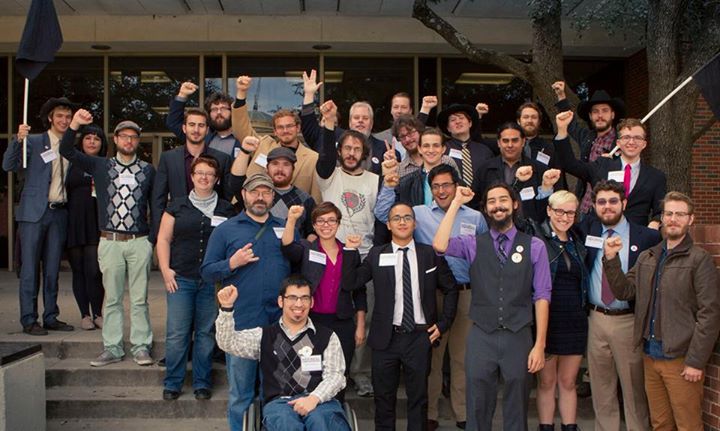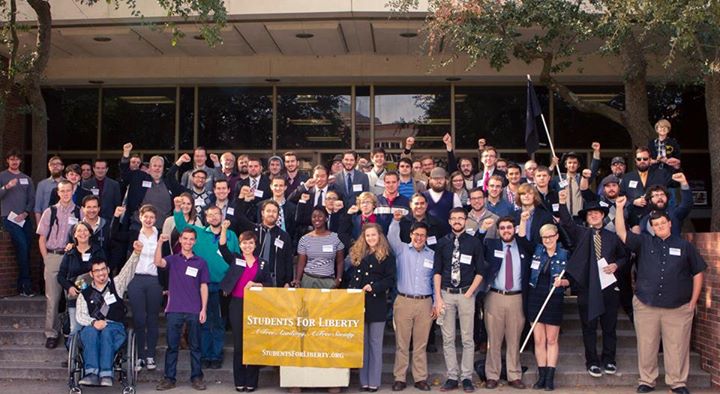[cross-posted at C4SS]
Anderson Cooper recently complained, on his July 22nd CNN show, that presidential candidate Donald Trump has thus far offered “not one shred of proof” for his repeated claim that “the Mexican government is behind the illegal immigration” and are “the ones pushing … these people over the border.” At which point Cooper’s guest Jeffrey Lord, a former White House political director under Ronald Reagan, and currently a Trump supporter, offered a fairly astonishing reply:
“You know, we talked about a wall on the American side in terms of keeping people out of the United States; but we all remember the Berlin Wall. And in the Berlin Wall situation, that was built to keep people in. Now, are we being told here that the Mexican government can’t somehow find a way to keep their own people from leaving the country illegally? I mean, it defies common sense. So I think what he’s saying makes a great deal of common sense, that this is happening repeatedly. The Mexican government is clearly doing nothing to stop it. … I mean, to do it intentionally can mean a lot of things. It’s not like they need to give them information, a slip to leave; it’s that they just don’t guard the border … and know that they’re going to escape, and … so they go.”
Yes, you read that right. A former White House official and Reagan aide is demanding that Mexico maintain a Berlin Wall to keep its own citizens from escaping.

While restrictions on the right to enter a country are widely accepted, restrictions on the right to exit a country are usually regarded as a tool of dictatorship. Lord’s own former boss, Ronald Reagan, famously gave a speech in front of the Berlin Wall in 1987, condemning the structure as “a gash of barbed wire,” “a restriction on the right to travel,” and “an instrument to impose upon ordinary men and women the will of a totalitarian state” – and concluding with a rousing cry to “tear down this wall!” But apparently some Republicans are learning to make their peace with the idea of an Iron Curtain.
Oddly enough, though, Jeffrey Lord is actually right on the central point, though he draws the wrong conclusion from it. The assumption of a deep moral difference between restrictions on entry and restrictions on exit is indeed unjustified.
Those who try to distinguish the two often point to the analogy of private property: I have no right to keep you prisoner by forbidding you to exit my property, but I have every right to forbid you to enter.
But the analogy is a bad one. The government of a country, dictatorships aside, is not the owner of all the land within its borders. That land, or most of it, is divided into privately owned parcels. So when the government restricts entry, it is acting as a third party to forbid immigrant A to enter the property of citizen B, even if citizen B wishes to welcome immigrant A as a guest, a customer, an employee, or a tenant. What difference does it make whether this restriction on travel is being imposed by A’s government or by B’s? In either case the restriction is an invasion of the liberty of both A and B.
So Lord is right: immigration restrictions and emigration restrictions are morally on a par. But the right conclusion to draw is not that both are justified, but rather that both are unjustified. A Berlin Wall does not become civilized or tolerable merely because it is run by the government on one side of the wall instead of on the other. National borders are a perpetual human rights violation, and every restriction on migration is one more Berlin Wall.
Mr. Lord, Mr. Trump, tear down this border.









